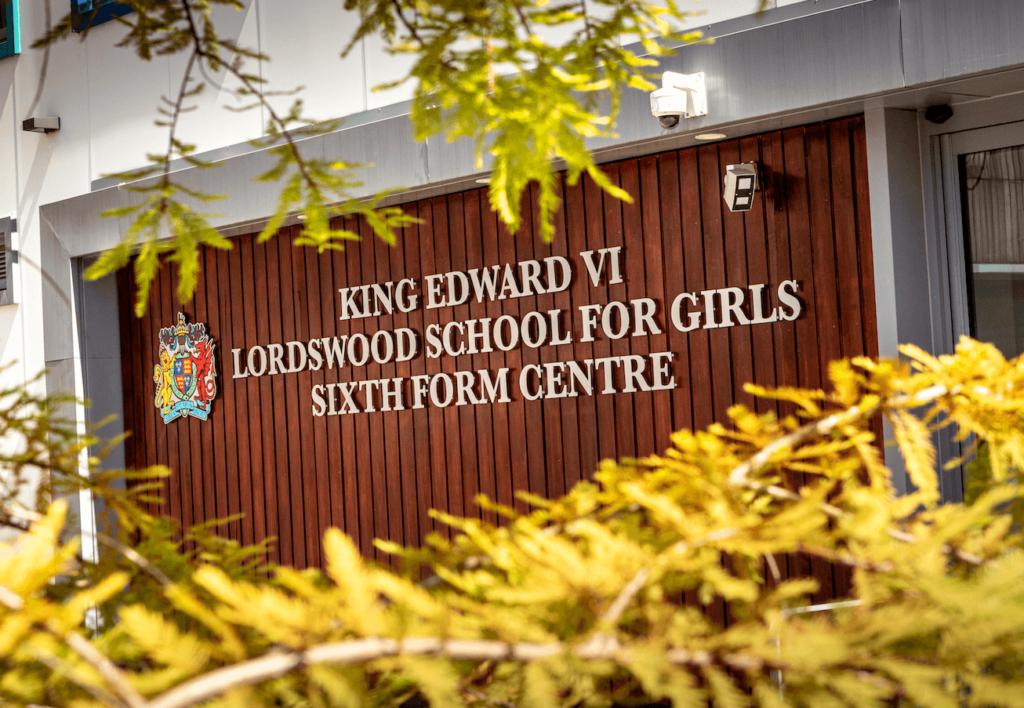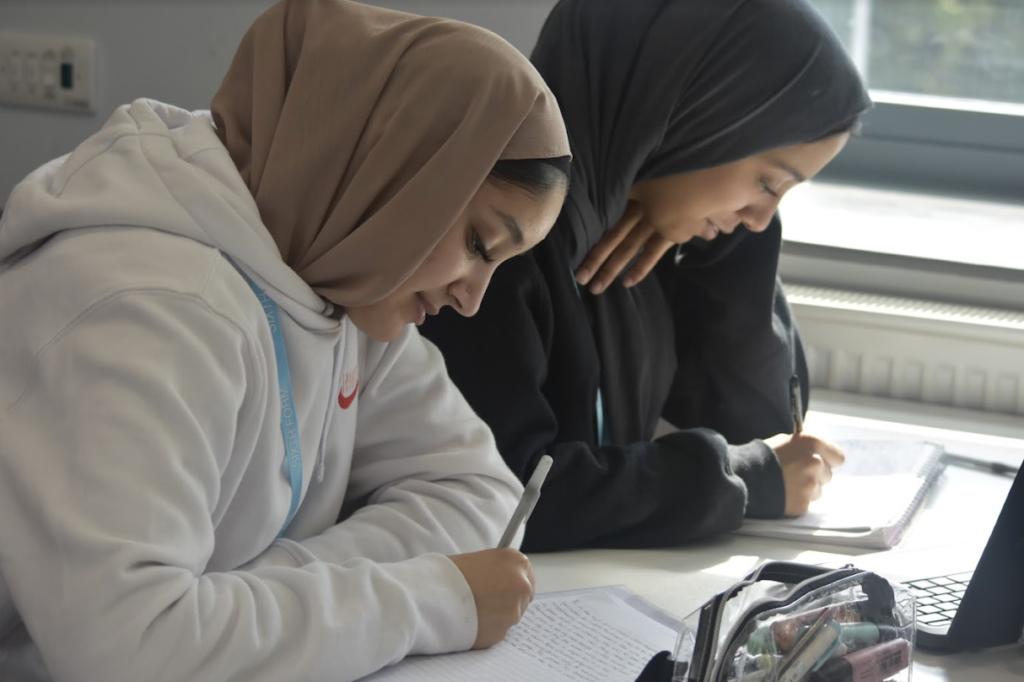3 units over 2 years: Introductory Topics in Psychology, Psychology in Context and Issues and Options.
The curriculum is structured this way to allow student to have an introduction to the key skills required for psychological enquiry through research methods, asking questions of psychology using ethics and understanding how psychology uses different approaches to explain behaviour.
Social influence follows the introduction as it includes some key studies in psychology which not only allow students to apply the research methods and ethics knowledge they have acquired but to understand key decisions researchers need to make when carrying out research. The rest of unit one follows this, revisiting research methods throughout and offering ever increasing challenge through more demanding exam questions to develop evaluation skills.
Students choose which part of unit 2 they wish to cover first, they can cover approaches or research methods from that unit, building on their knowledge from the start of the course. We end the year with biological psychology which includes a piece of exploratory research into students’ circadian rhythms. This allows students to design and carry out a piece of research into the topic using their knowledge of research methods and approaches, which nicely brings unit two to a close.
Year 13 starts with issues and options, this is when students revisit topics and studies from year 12 with fresh eyes, applying issues such as culture and gender bias, and debates such as free will and determinism, reductionism and holism.
The skills acquired from year 12 are strengthened in year 13 through the escalation of more challenging “discuss” questions and application of knowledge to unseen scenarios, case studies and research.
Year 12
Autumn Term
Introduction to psychology
Social Influence
Memory
Attachment
Basic research methods
ethics
Conformity
Obedience
Theories of attachment
Deprivation and separation
Spring Term
Attachment
Psychopathology
Biopsychology
Long term effects of early attachments
OCD
Phobias
Depression
Explanations for the above including: biological, behavioural, cognitive
Structure & function of neurons
Fight or Flight
Endocrine system
The brain
Plasticity & functional recovery
Sleep
Summer Term
Research Methods
Approaches
Descriptive statistics
Inferential statistics
Approaches including: learning approaches, biological approach, cognitive approach, psychodynamic approach, humanistic approach
Year 13
Autumn Term
Issues and Debates
Schizophrenia
Cognition and Development
Issues including culture bias, gender bias
Debates such as free will & determinism
Symptoms of schizophrenia
Explanations for schizophrenia
Treatments for schizophrenia
Piaget’s theory of cognitive development
Vygotsky’s theory of
Baillargeon’s theory of cognitive development
Spring Term
Cognition and Development
Aggression
Theory of mind
Perspective taking
Social Congition
Mirror Neurons
Genetic, neural & hormonal theories of aggression
Ethological theories of aggression
Evolutionary theories of aggression
Social psychological theories of aggression
Aggression in prisons
Media violence
Video game violence
Summer Term
Revision
Assessment at Key stage 5
- Internal
- Homework and in class mini assessments
- End of topic assessments
- Yr 12 Mock examinations in May
- Yr 13 Mock examinations in Oct and Feb
- External
- 3 2hr long external written assessments at the end of the course.
How can parents help support their child’s learning?
- Books:
- Illuminate publishing: AQA Year 1 Psychology
- AQA Year 2 Psychology
- The Complete Companions: Psychology year 1 – The Complete Companion for AQA ‘A’ (Textbook) by Mike Cardwell and Cara Flanagan
- The Complete Companions: Psychology Alevel – The Complete Companion for AQA ‘A’ (Textbook) by Mike Cardwell and Cara Flanagan
- Revision websites:
- www.getrevising.co.uk
- www.s-cool.co.uk
- www.o2learn.co.uk
- www.u2learn.com/gcse-psychology-links.html
- http://www.simplypsychology.org/a-level-psychology.html
- http://www.aqa.org.uk/subjects/psychology/as-and-a-level/psychology-7181-7182/assessment-resources
Don’t forget about the ‘Psychology Review’ from the BPS.
Enrichment opportunities
Visits to universities for master classes
Psychology in everyday life using films such as One Flew Over the Cuckoo’s Nest, Twelve Angry Men, The Stanford Prison Experiment, Genie – a child deprived, Derren Brown



